The global community unites to celebrate “tourism and rural development”
High Asia Herald Report

The 2020 edition of World Tourism Day, with the theme of “Tourism and Rural Development”, celebrates the unique role that tourism plays in providing opportunities outside of big cities and preserving cultural and natural heritage all around the world.
The aim of the day is to raise awareness that tourism is vital to the international community and to show how it affects social, cultural, political and economic values worldwide.
Each year has a particular theme. The theme for 2020 is ‘Tourism and Rural Development’.
The day is being celebrated by member states of the World Trade Organisation of the United Nations (UNWTO) in all regions and private sector organizations.
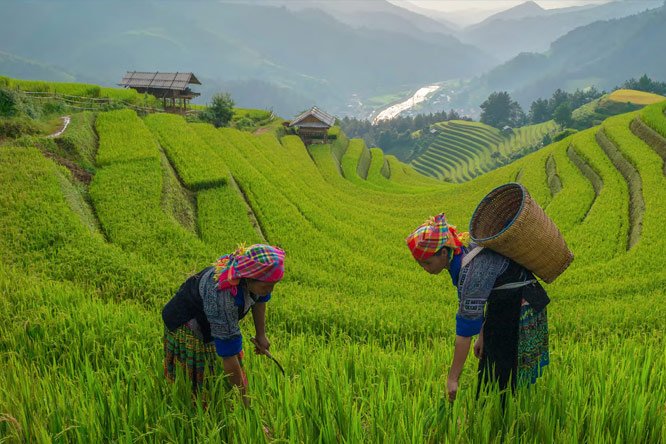
It comes as communities in rural areas also struggle with the impacts of the COVID-19 pandemic. These communities are usually much less prepared to deal with the short and longer-term impacts of the crisis. This is due to a number of factors, including their ageing populations, lower income levels and the continuing ‘digital divide’. Tourism offers a solution to all of these challenges.
Tourism has been among the hardest hit of all sectors by the COVID-19 pandemic. Restrictions on travel and a sudden drop in consumer demand have led to an unprecedented fall in international tourism numbers, which in turn have led to economic loss and the loss of jobs, says a UN statement.
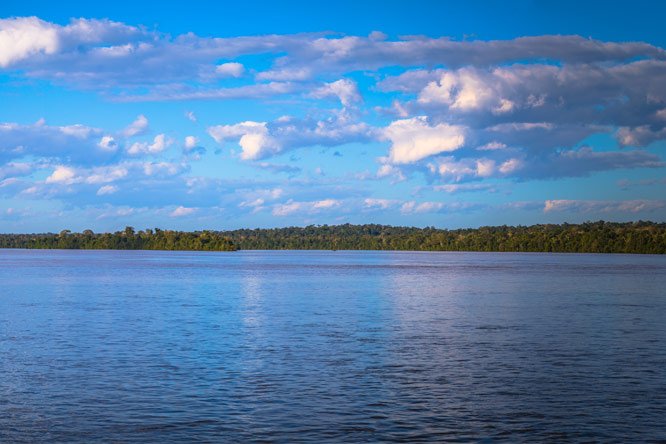
According to the UN statement on its official page, “women, youth, and workers in the informal economy are the most at risk from tourism sector job losses and business closures due to the pandemic. At the same time, the destinations most reliant on tourism for jobs and economic growth are likely to be the hardest hit”.
This year’s day observation comes at a critical moment, as countries around the world look to tourism to drive recovery, including in rural communities where the sector is a leading employer and economic pillar providing jobs and opportunity, most notably for women and youth.
Development through tourism can also keep rural communities alive. It is estimated that by 2050, 68% of the world population will live in urban areas, while 80% of those currently living in ‘extreme poverty’ live outside of towns and cities.
The situation is particularly hard for youth: young people in rural communities are three times more likely to be unemployed than older adults. Tourism is a lifeline, offering young people a chance to earn a living without having to migrate either within their home countries or abroad.
For the first time in the 40-year history of World Tourism Day, the official celebration will not be hosted by a single member state of the UN specialized agency. Instead, nations from the Mercosur bloc (Argentina, Brazil, Paraguay and Uruguay, with Chile joining with observer status) will serve as joint hosts.
The tourism crisis is also a threat to wildlife conservation initiatives and to the protection of the world’s cultural heritage. The sudden fall in tourism revenues has cut off funding for biodiversity conservation. With livelihoods at risk in and around protected areas, cases of poaching and looting are expected to rise. With 90% of World Heritages Sites closed as a result of the pandemic, humanity’s cultural heritage is at risk in all parts of the world.
The COVID-19 pandemic represents an opportunity to rethink the future of the tourism sector, including how it contributes to sustainable development goals, through its social, cultural, political, and economic value.
Tourism can eventually help us move beyond the pandemic, by bringing people together and promoting solidarity and trust – crucial ingredients in advancing the global cooperation so urgently needed at this time.
The sustainability of tourism in rural areas will only be successful if a comprehensive, inclusive planning strategy is adopted and implemented based on a multi-action and multi-stakeholder participatory approach.
Celebrated since 1980, the 40th anniversary comes as tourism confronts the biggest challenge in its history. The importance of tourism as an economic sector – with an unmatched value chain and deep social footprint – has become even more evident over recent months.
UNWTO has led the global response to this challenge and united its member states, the tourism sector, and the UN system to face up to the pandemic. UNWTO is happy to see how World Tourism Day also contributes to this year’s 75th anniversary of the UN. WTD and UN75 meet, so that tourism comes back stronger and leaves no one behind, by growing back better, becoming more sustainable and offering more innovative solutions to the biggest challenges of our time
“In the 40 years since the very first World Tourism Day, much has changed. Demand for travel has soared. The world has opened up, allowing more people than ever to explore the globe and its different cultures,” says UN Secretary-General António Guterres.
“Today, tourism is firmly established in the United Nations 2030 Agenda for Sustainable Development as an engine for advancing prosperity, protecting our planet and laying the foundations for peace and understanding among peoples.
“In this most challenging year, let us focus on tourism’s importance for people living in rural areas, so we can deliver on the promise of the Sustainable Development Goals to leave nobody behind”.–António Guterres
“Many millions of people around the world rely on tourism for income, especially women and young people. People who might otherwise have been left behind have found decent work and the chance of a better life thanks to tourism’s unique potential.
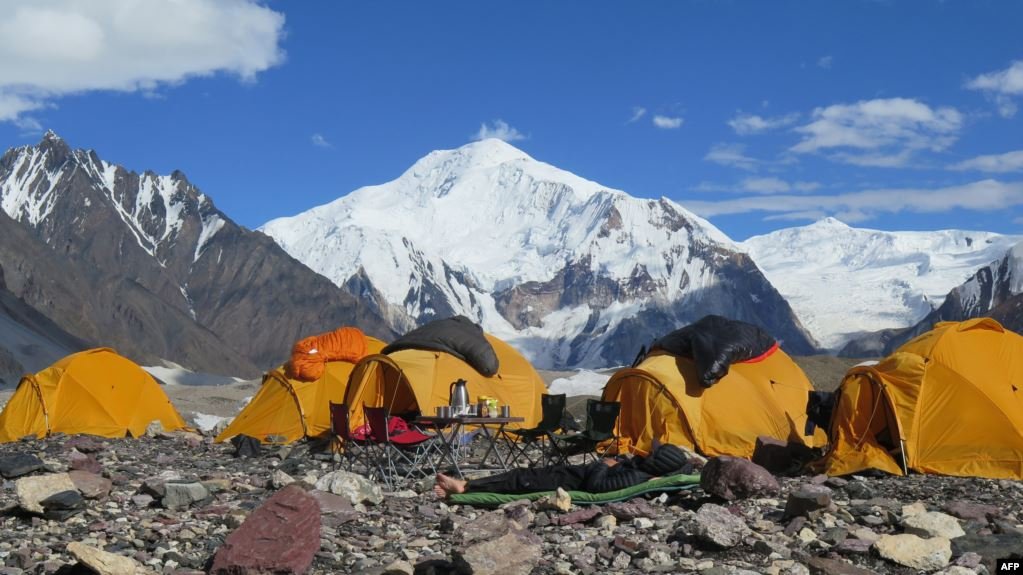
“Tourism has suffered enormously during the COVID-19 pandemic. Some 120 million jobs are at risk. The impacts could lead to the loss of between 1.5 and 2.8 per cent of the global GDP. This will particularly affect the most vulnerable countries, including Small Island Developing States, the Least Developed Countries and many African nations, where tourism can represent between 30 and 80 per cent of exports.
As we look to recover from this profound crisis, the safe restart of tourism is essential, not least for rural development – the focus of this year’s World Tourism Day. We have an unprecedented opportunity to transform the relationship of the tourism sector with people, nature, the climate and the economy. We must ensure a fair distribution of its benefits and advance the transition to a carbon-neutral and resilient tourism economy, as well as provide opportunities for people, tourism can play an important role in preserving our unique and shared cultures and protecting the biodiversity and the ecosystems that sustain us.
In this most challenging year, let us focus on tourism’s importance for people living in rural areas, so we can deliver on the promise of the Sustainable Development Goals to leave nobody behind, he exhorted.
The sustainability of tourism in rural areas will only be successful if a comprehensive, inclusive planning strategy is adopted and implemented based on a multi-action and multi-stakeholder participatory approach, Mr Gurteuress said.
“For the past 40 years, World Tourism Day has highlighted the power of tourism to touch on almost every part of our societies. Right now, this message is more important than ever,” Zurab Pololikashvili, UNWTO Secretary-General.
Tourism has proven to be a lifeline for many rural communities. However, its true force still needs to be fully deployed. The sector is not just a leading source of employment, particularly for women and youth. It also provides opportunities for territorial cohesion and socio-economic inclusion for the most vulnerable regions, he added.
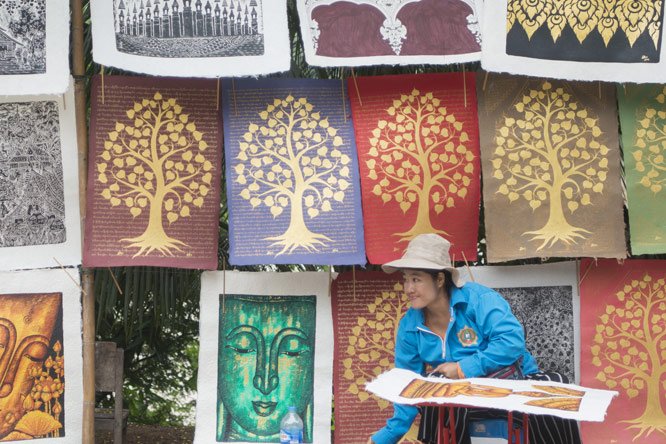
Tourism helps rural communities hold onto their unique natural and cultural heritage, supporting conservation projects, including those safeguarding endangered species, lost traditions or flavours.
As we join forces to restart tourism, we must live up to our responsibility to ensure that tourism’s benefits are shared by all, he said.
This crisis is an opportunity to rethink the tourism sector and its contribution to the people and planet; an opportunity to build back better towards more sustainable, inclusive and resilient tourism.
Placing rural development at the heart of tourism policies through education, investment, innovation and technology can transform the livelihoods of millions, and preserve our environment and our culture.
As the ultimate cross-cutting sector, tourism contributes directly or indirectly to all of the Sustainable Development Goals (SDGs).
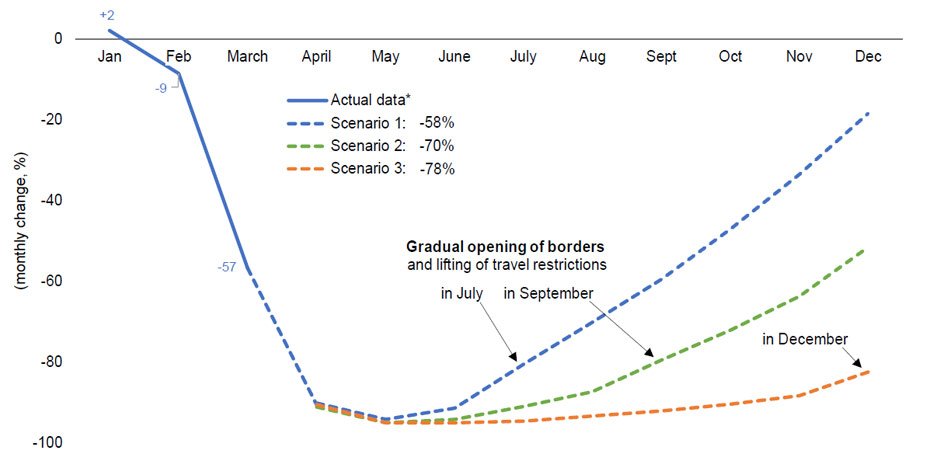
Harnessing tourism as a driver of rural development will keep the global community on track to achieving the 2030 Agenda for Sustainable Development, our ambitious plan for people and the planet.
As we mark the 75 years of the United Nations, it is time to really fulfil tourism’s massive potential, including its unique ability to drive development for rural communities, backing up our pledge to leave nobody behind.
Tourism helps rural communities hold onto their unique natural and cultural heritage, supporting conservation projects, including those safeguarding endangered species, lost traditions or flavours, says Zurab Pololikashvili, UNWTO Secretary-General
The UNWTO has developed recommendations on tourism that aim to support governments at various levels, as well as the private sector and the international community in developing tourism in rural territories in a way that contributes to inclusive, sustainable and resilient development.
The UNWTO has also developed a Global Code of Ethics for Tourism, “to help minimise the negative impacts of tourism on the environment and on cultural heritage while maximising the benefits for residents of tourism destinations”.

The High Asia Herald is a member of High Asia Media Group — a window to High Asia and Central Asia

